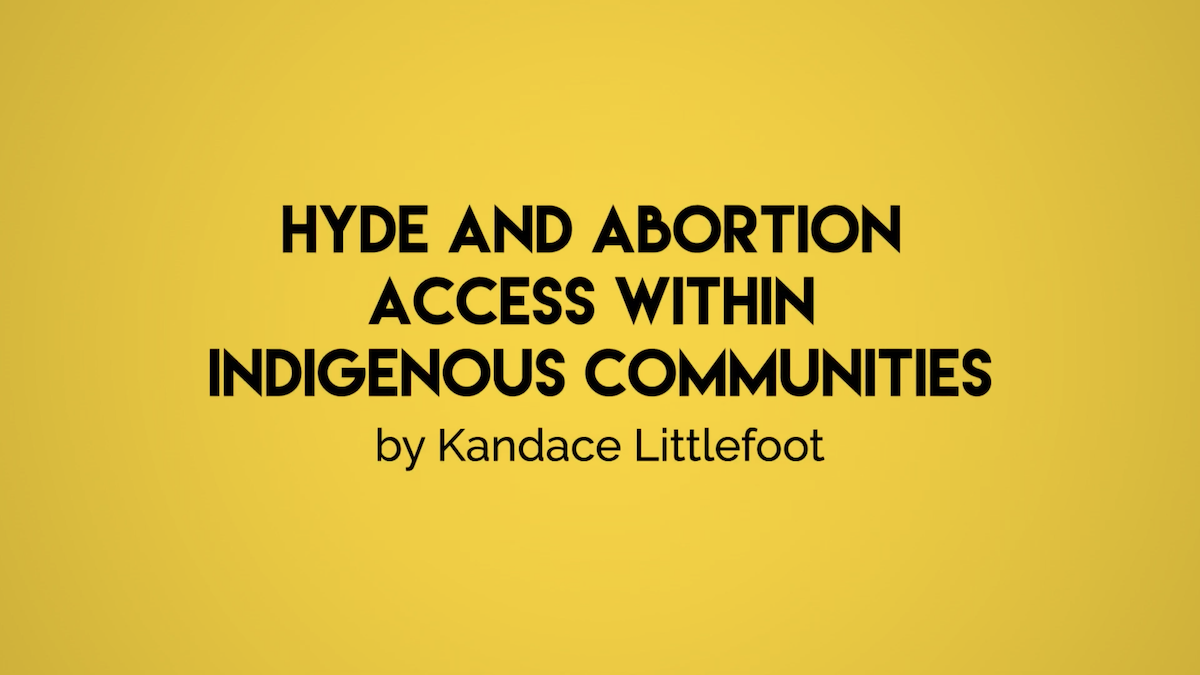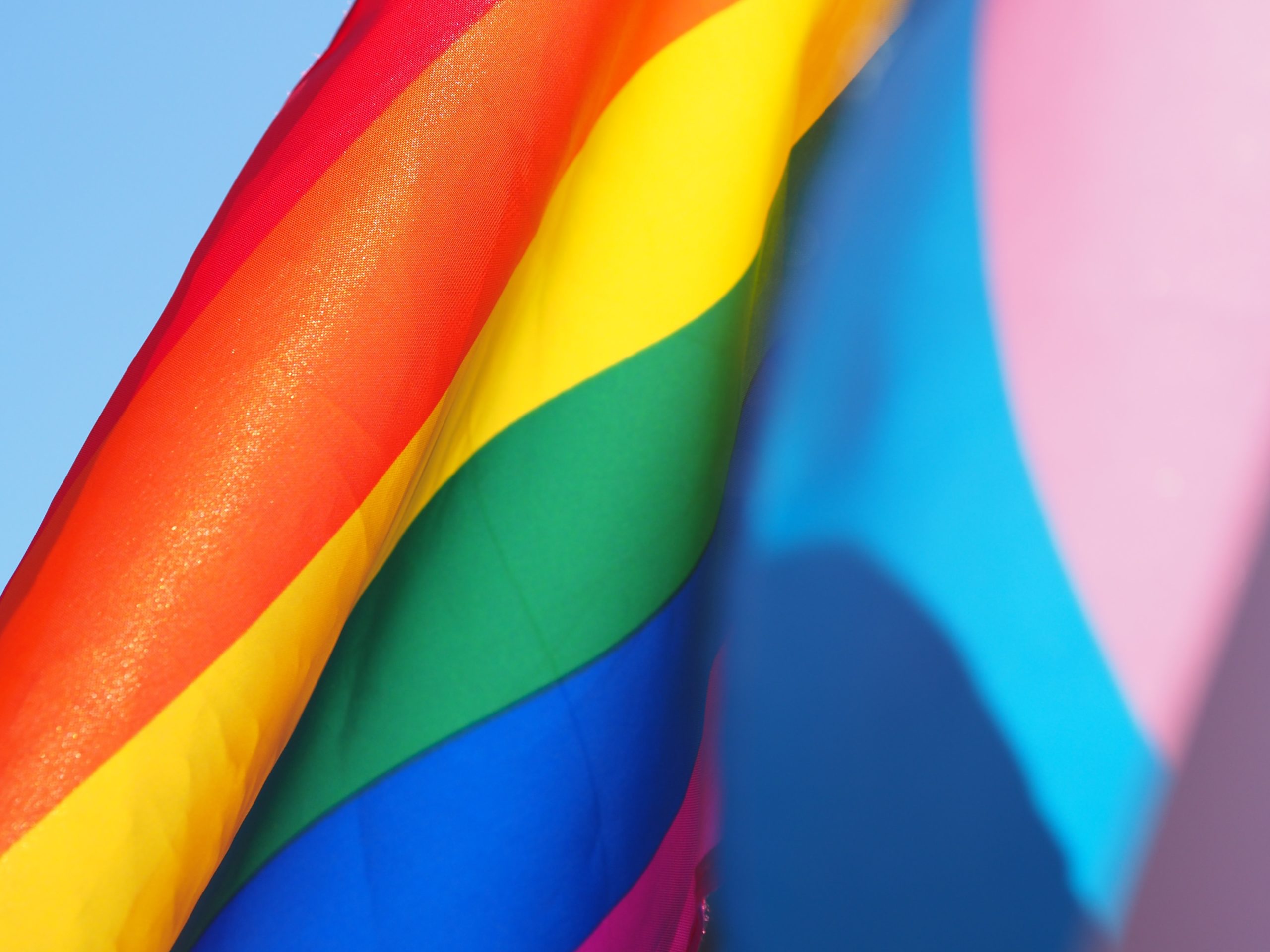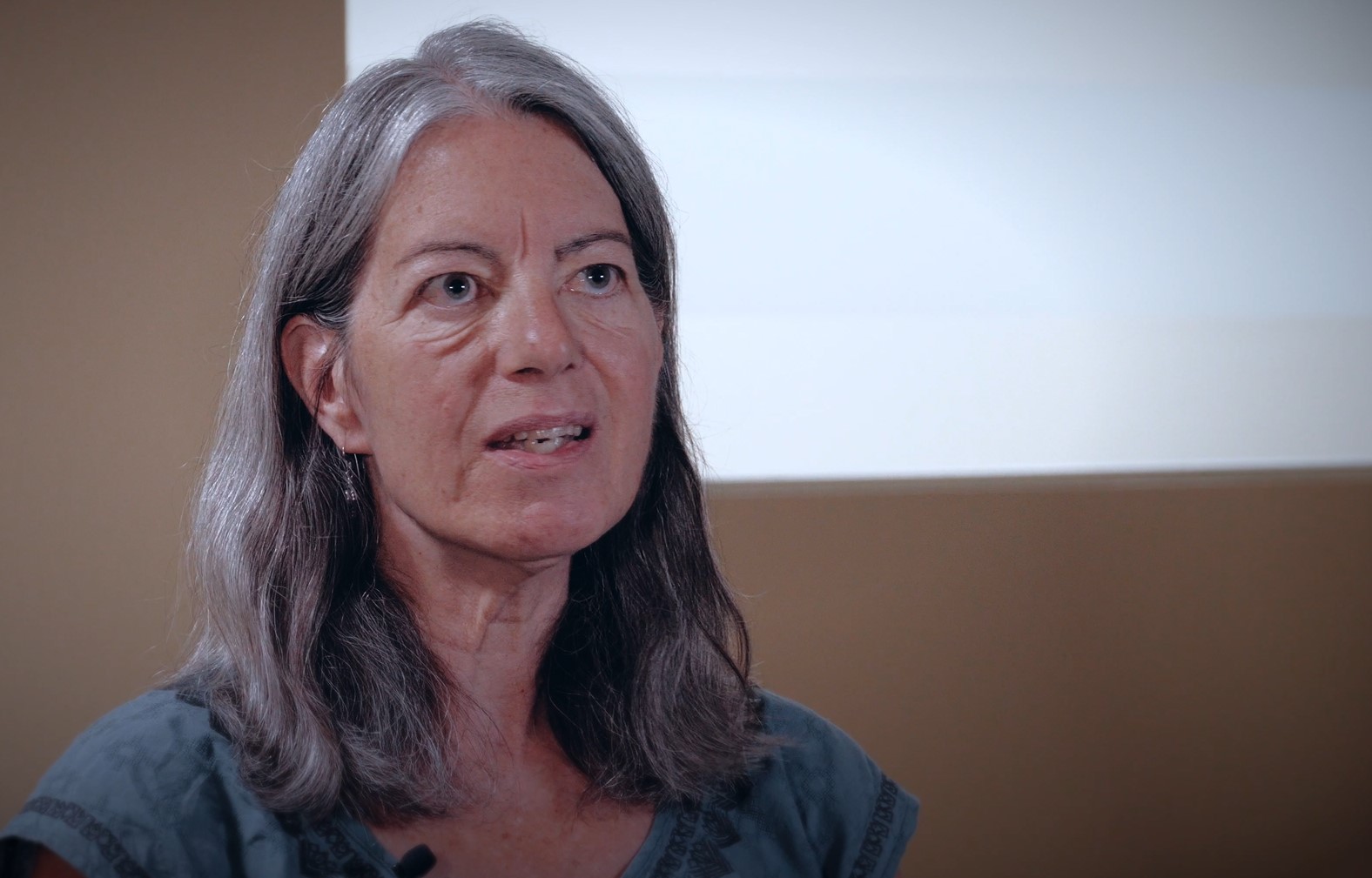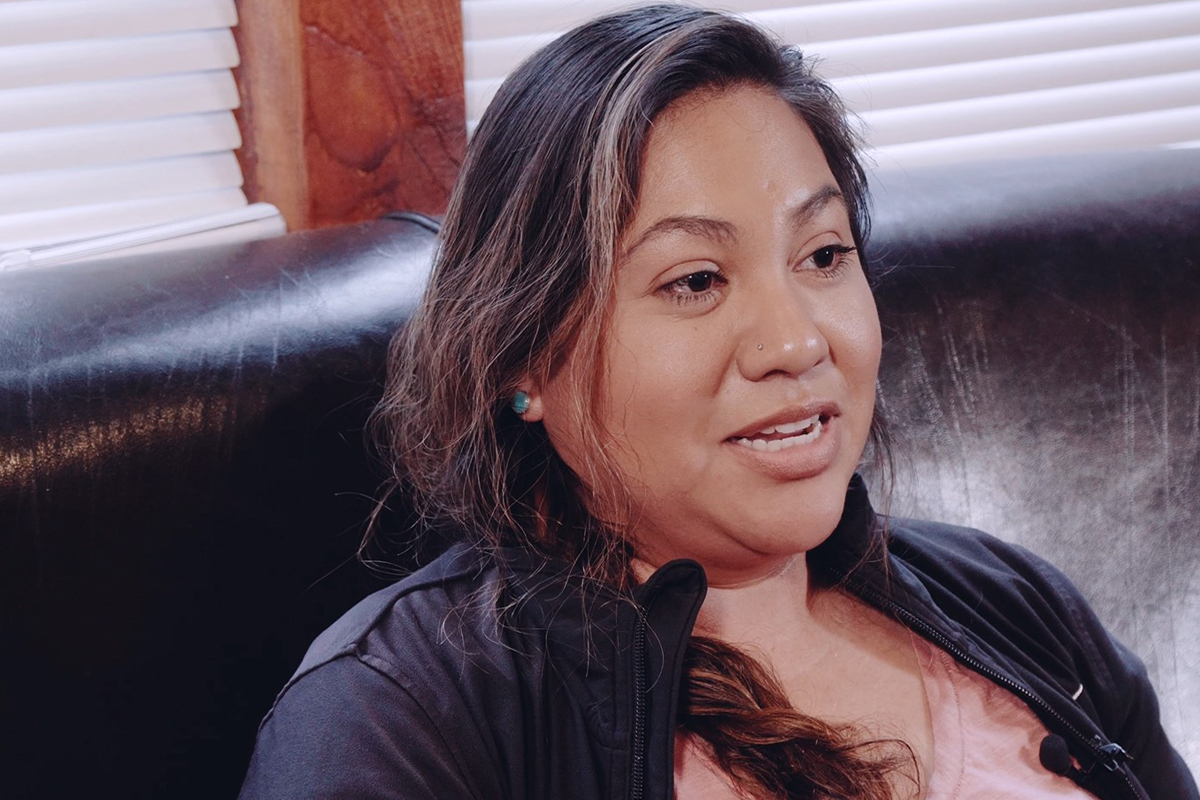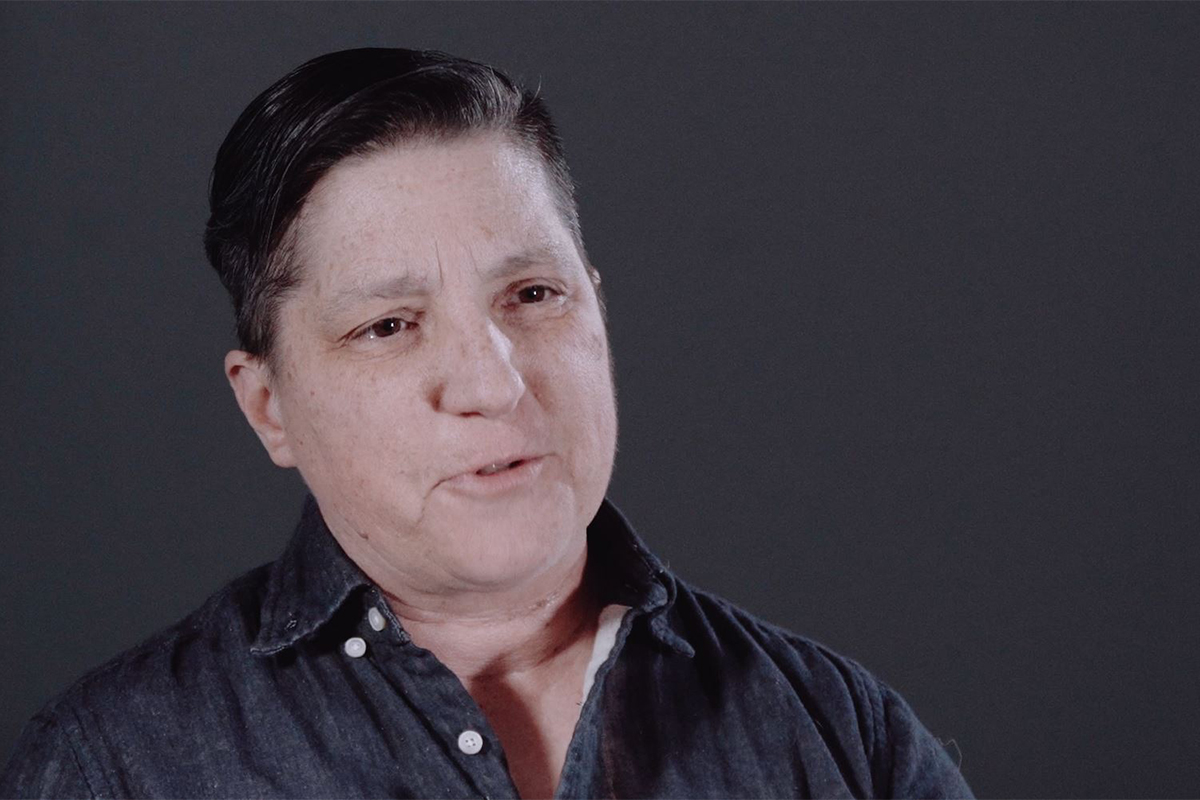Pictured Above: Two clergy members hold a sign at a rally in the aftermath of the Masterpiece Cakeshop Supreme Court decision.
A woman brings her birth control prescription to her local pharmacy, but the pharmacist on duty refuses to fill it because of a religious opposition to contraception. A young boy shows up for a local martial arts class, but is turned away because the studio disapproves of his mother’s marriage to a woman. In the midst of transitioning, a transgender woman is fired from her job of six years because her company has a moral objection to her gender identity. A loving same-sex couple is ready to adopt a child into their family, but the agency believes only a married man and woman should co-parent.
Something troubling is happening in this country.
With greater and greater frequency, institutions and individuals are claiming a right to deny people services, care, and employment because of religious objections to who they are and who they love.
Religious freedom is a fundamental American right. It means we are all free to worship as we wish without interference from the government. But it does not mean we have the right to impose our beliefs on others or bar certain people from community life.
When discrimination masquerades as religious liberty it puts our lives at risk. It puts our dignity on the line. And it harms our families.
It wasn’t too long ago that segregationists argued God wanted African Americans to ride in the back of buses, to drink from different water fountains, and attend separate (and definitely not equal) schools. This kind reasoning justified oppression and stood in the way of people’s ability to live full and equal lives.
The First Amendment was never intended to defend religious tyranny. Religiously-based healthcare institutions, for-profit corporations, and lawmakers that warp religious freedom to suit their own agenda are out of step with the Constitution and with thousands of faith leaders from diverse faith traditions standing up for equality.
Many of the civil rights activists who helped bring Jim Crow laws down were religious leaders, like the Rev. Martin Luther King Jr., who fought tirelessly to advance social justice. Today, as in the 1960s, people of faith— including women and LGBTQ people of various faith traditions— are also pushing back against attempts to co-opt religious liberty in the service of discrimination.
The truth is, religious liberty and equality for LGBTQ people and women are not actually conflicting rights.
When we uphold non-discrimination laws, we affirm the right of all people, including people of all faiths, to dress and pray in accordance with their religious beliefs without fear of persecution or unequal treatment. When we ensure that businesses that are open to the public remain open to all, that includes members of the public who are religious. When we ensure that all people have access to adequate and medically-necessary health care, we protect the lives of people of faith and people of no faith.
When an individual or institution is not permitted to impose their beliefs on others, that’s not discrimination — that’s upholding the promise of equality that our country is still striving to meet.




